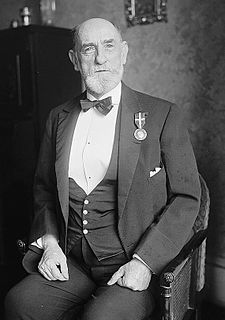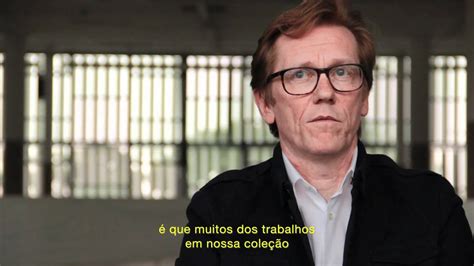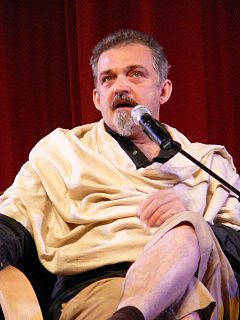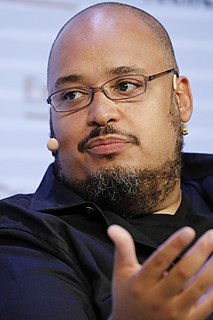A Quote by Naveen Patnaik
As far as reading is concerned, I like historical and political books and works of art.
Related Quotes
Artists have their existential questions as human beings, and they address these questions in their works. But they are also thinking in a broader sense when they participate in a social and political debate through their works. Often the most important voices of artists in the political and the social debate are focused on originality in their works. We can see this in historical pieces, like "Guernica" by Picasso. "Guernica" was an extremely important manifestation and critique against war, but it was important and powerful because it was also an incredibly original and powerful work of art.
Ancient art has a specific inner content. At one time, art possessed the same purpose that books do in our day, namely: to preserve and transmit knowledge. In olden days, people did not write books, they incorporated their knowledge into works of art. We would find a great many ideas in the works of ancient art passed down to us, if only we knew how to read them.
The high-minded definition of politics is: 'the art or science of government; the art or science concerned with guiding or influencing governmental policy.' It is only when you keep reading in Webster's Ninth New Collegiate Dictionary that you get closer to the truth: 'political activities characterized by artful and often dishonest practices'.
The art of not reading is a very important one. It consists in not taking an interest in whatever may be engaging the attention of the general public at any particular time. When some political or ecclesiastical pamphlet, or novel, or poem is making a great commotion, you should remember that he who writes for fools always finds a large public. A precondition for reading good books is not reading bad ones: for life is short.
[...] He didn't want his wife to read historical romances because it might give her unrealistic expectations. [...] If I had been him, I would have been reading your books every time you laid them down to see how I could improve my skills and please you. Second warning of the night. I bought a couple." You bought a couple of what?" Historical romances. I'm three-quarters through the first one." He flashed her a slow grin. "All I can say is, I like the way your mind works." ~Jake Coulter and Molly Wells
[T]he visibility of styles is itself a product of historical consciousness. ... The very notion of "style" needs to be approached historically. Awareness of style as a problematic and isolable element in a work of art has emerged in the audience for art only at certain historical moments - as a front behind which other issues, ultimately ethical and political, are being debated.
It is usual to speak in a playfully apologetic tone about one's adult enjoyment of what are called 'children's books.' I think the convention a silly one. No book is really worth reading at the age of ten which is not equally (and often far more) worth reading at the age of fifty-except, of course, books of information. The only imaginative works we ought to grow out of are those which it would have been better not to have read at all. A mature palate will probably not much care for crème de menthe: but it ought still to enjoy bread and butter and honey.


































